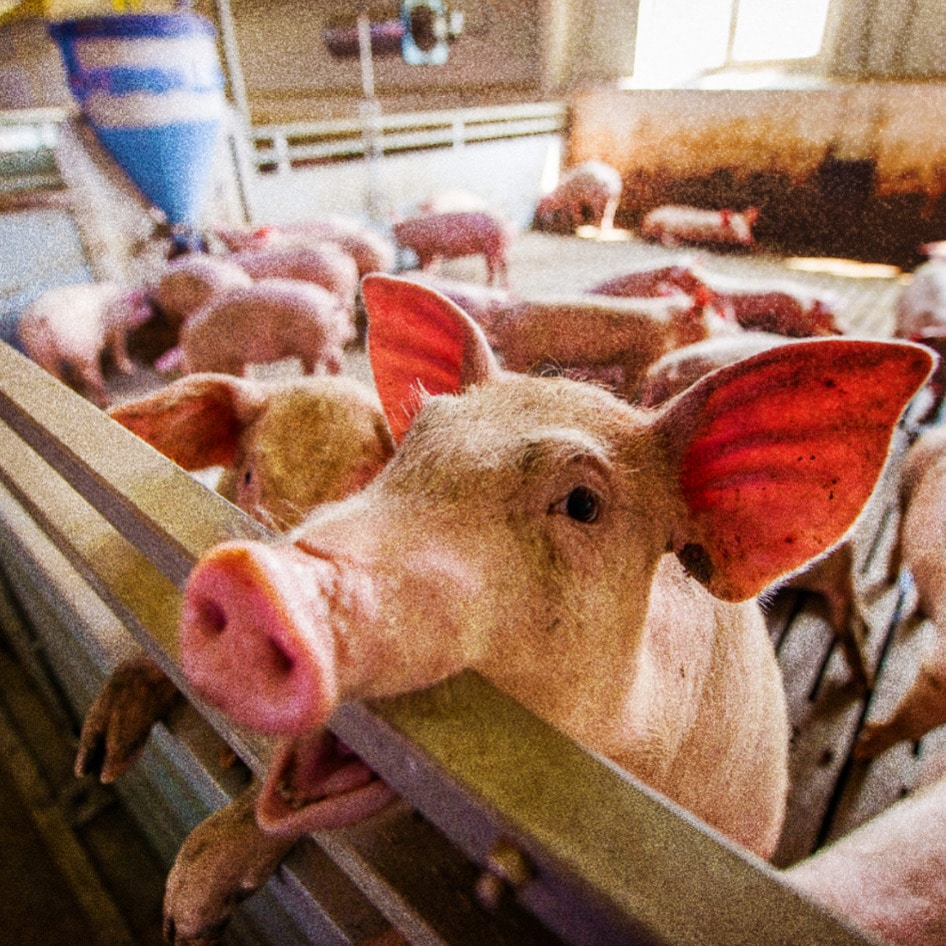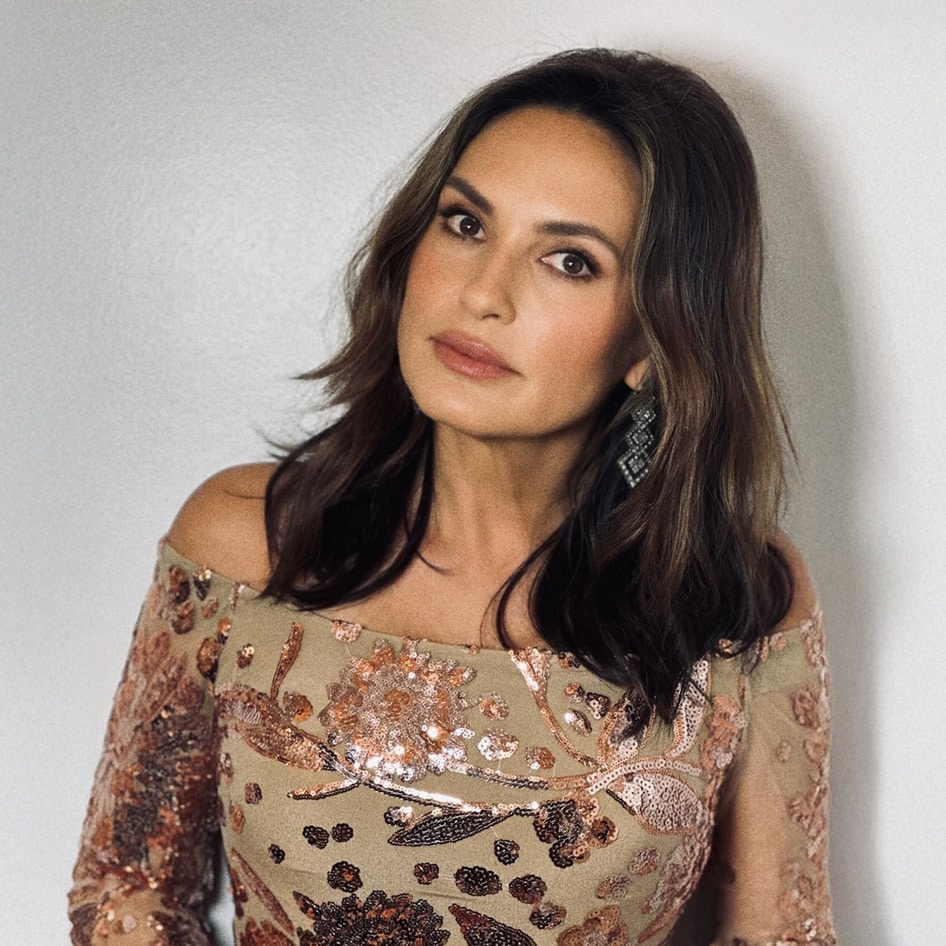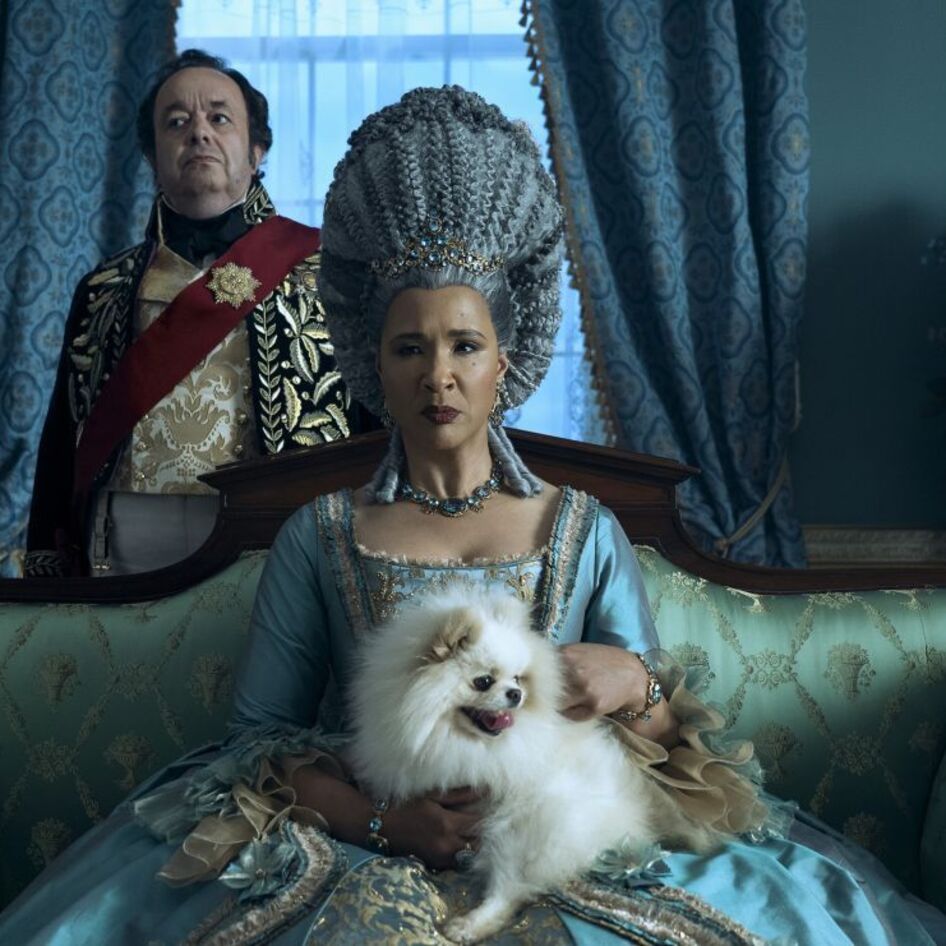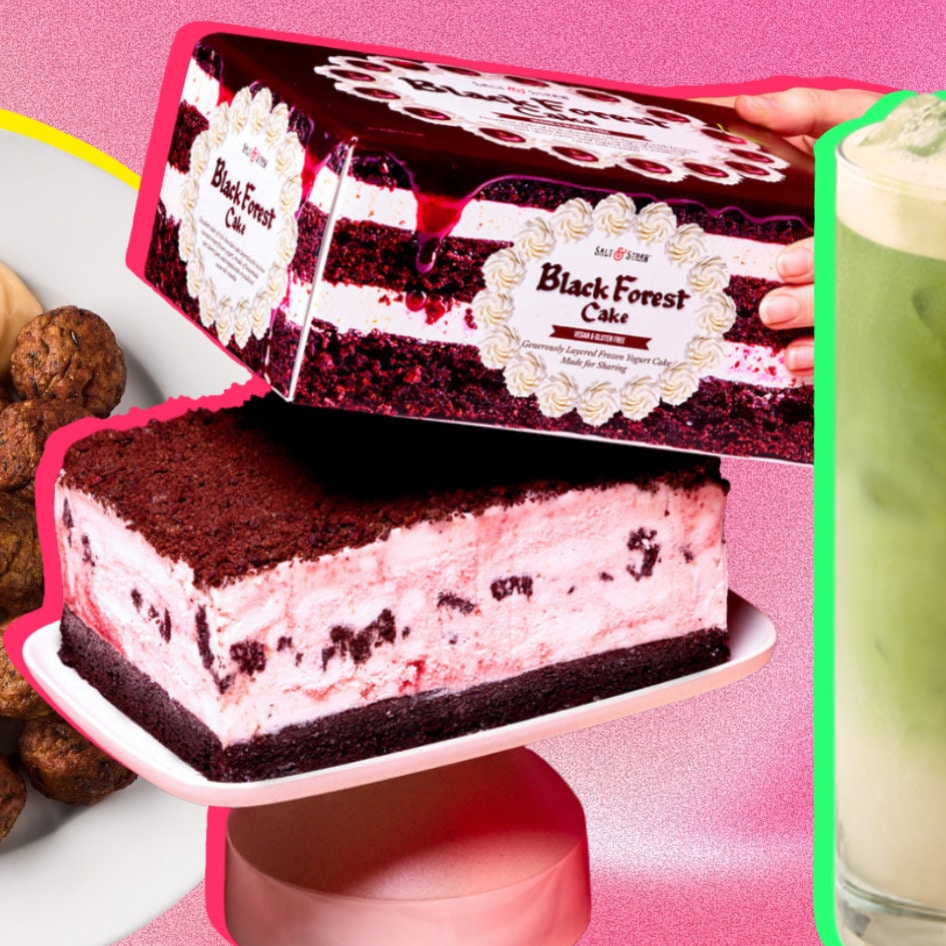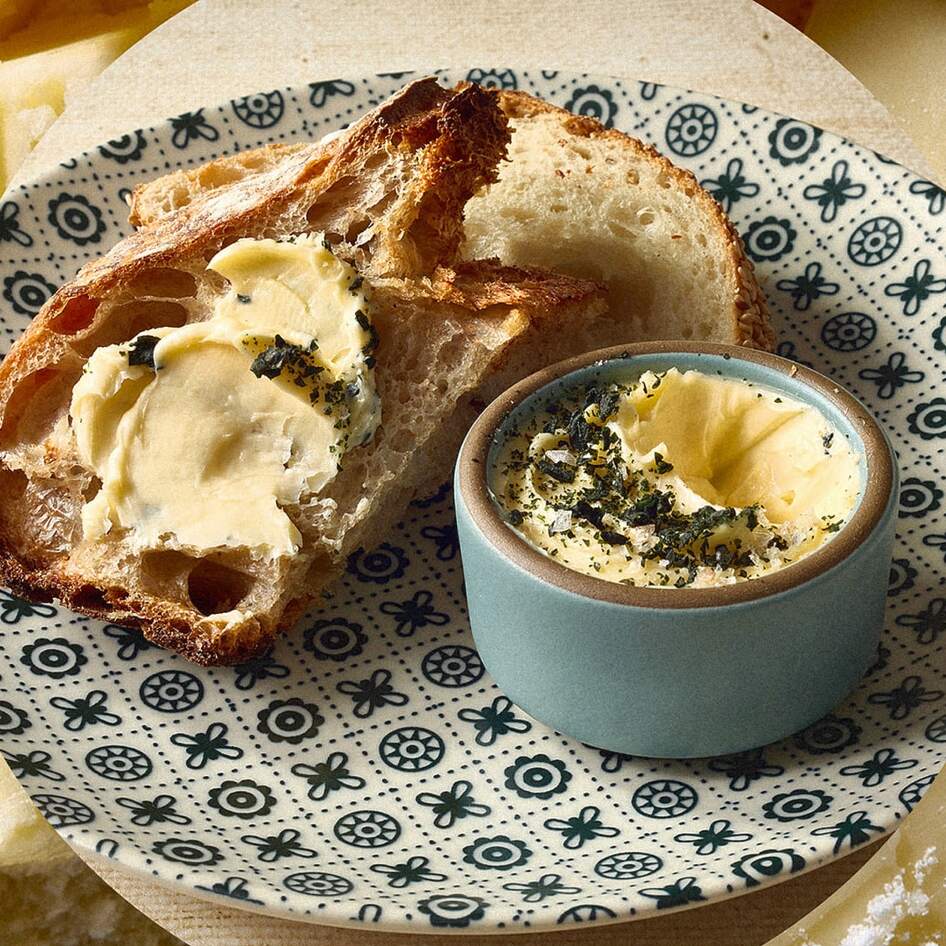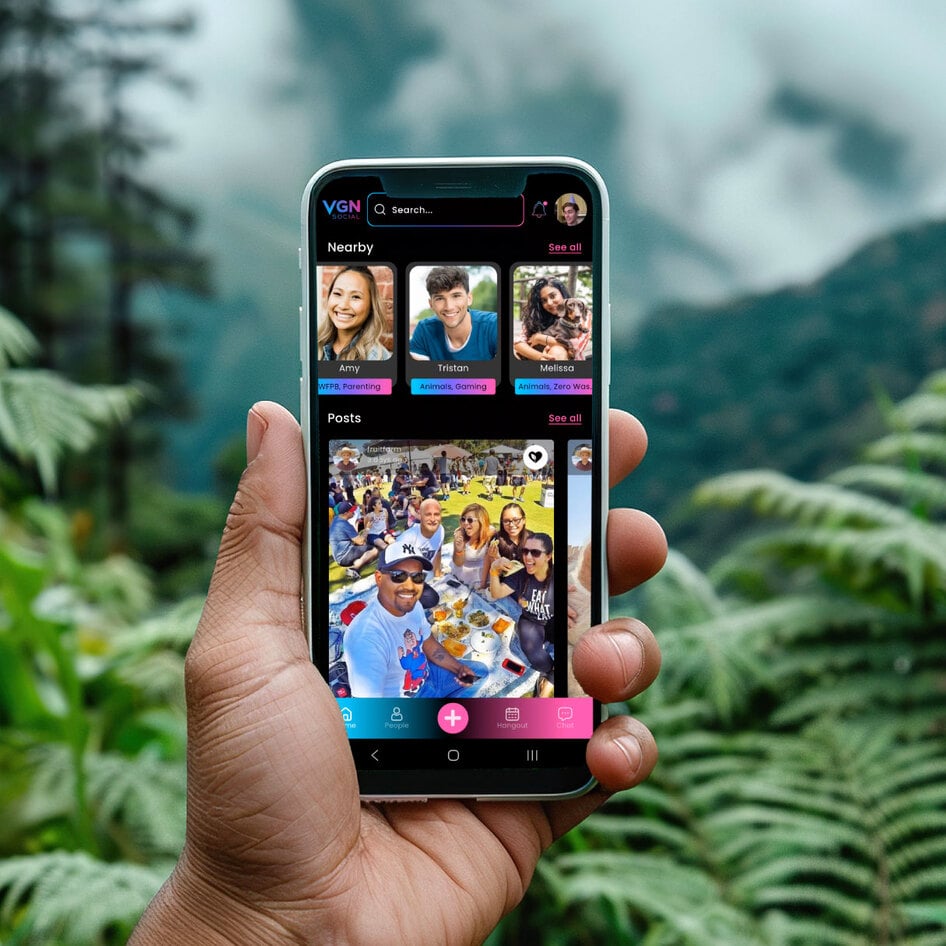New Website Founded to Connect Black Vegan Community
Launched in January, Black Vegans Rock serves as an online homebase for the black vegan community.
April 27, 2016
Less than five months after its inception, website Black Vegans Rock is already changing—and improving—the vegan landscape. Built upon the premise of uniting the black vegan community, the project is an undertaking of award-winning blogger and performer Aph Ko.
Curating entries from across the world, Ko (named one of IndieWire.com’s 10 Creatives of the Year and a recipient of the 2015 Vegan Anti-Racist Change Maker of the Year Award by the Sistah Vegan Project and The Pollination Project) has created a grassroots space that celebrates the intersection of blackness and veganism. A diverse range of people—including artists, small business owners, restaurateurs, organizers, activists, and bloggers—are profiled, all for the continued fostering of the black vegan community.
VegNews spoke to Aph Ko about her website and why seeing black vegan faces is so important.
VegNews: For readers who don’t know, what is Black Vegans Rock?
Aph Ko: Black Vegans Rock is a new digital project that seeks to spotlight and celebrate individual black vegans to change the dominant narrative that veganism is a “white person’s” thing. We feature a new black vegan each day, and we expose our audience to different ways of thinking about animal oppression and black oppression.
VN: What does the production of the site look like?
AK: It takes a lot of work to make this project run. I have an incredible advisory board [including Tracye McQuirter, Dr. A. Breeze Harper, and sister Syl Ko] that helps me accomplish my goals, and I have a very intense/passionate personality, so I’m working on BVR every day to make it a success. I feature people who have been vegan their whole lives to people who have been vegan for two months. I feature giant activists as well as folks who don’t label themselves as activists but identify as vegan. Being black and vegan, for me, is already activist in nature, especially if you live in a country that is constantly trying to nutritionally starve, poison, incarcerate, and kill you.
VN: What has the response been like so far?
AK: The response has been overwhelmingly positive. The incredible feedback from individual black folks keeps me going every day. I think black folks and allies were craving a space like this.
VN: Why is representation so important?
AK: Representation can be life-saving. Images are symbolic, and they construct our reality. A lot of vegans of color don’t connect to the mainstream animal-rights and vegan movements because of the Eurocentric logic employed to structure these movements. If you don’t see yourself in the images that surround you, you tend to think that you can’t achieve what’s being represented.
VN: What do you say to people who say “but ALL vegans rock?”
AK: Yes, absolutely—all vegans do rock. However, if you’re going to try to understand movements for the oppressed, you need to employ some nuance. All vegans rock, but not all vegans are equally represented, nor are all vegan perspectives accounted for. So, that presents an issue when we try to celebrate all of us, yet a lot of us feel excluded or frustrated.
VN: From where does the representation problem in veganism stem?
AK: The racial representation problem in veganism is an expression of a much larger cultural problem. Overall, I think the real problem is that those in the dominant class do not know how they’re being catered to every day, which is why they don’t need to talk about their race every minute. I don’t want to “rectify” the representation problem in veganism because that implies that the problematic Eurocentric framework stays intact and black and brown faces are added superficially. That’s cosmetic diversity, which can only serve the oppressor. We need our own movements where the oppressed are the authors of the change.
JUMP TO ... Latest News | Recipes | Guides | Health | Subscribe

